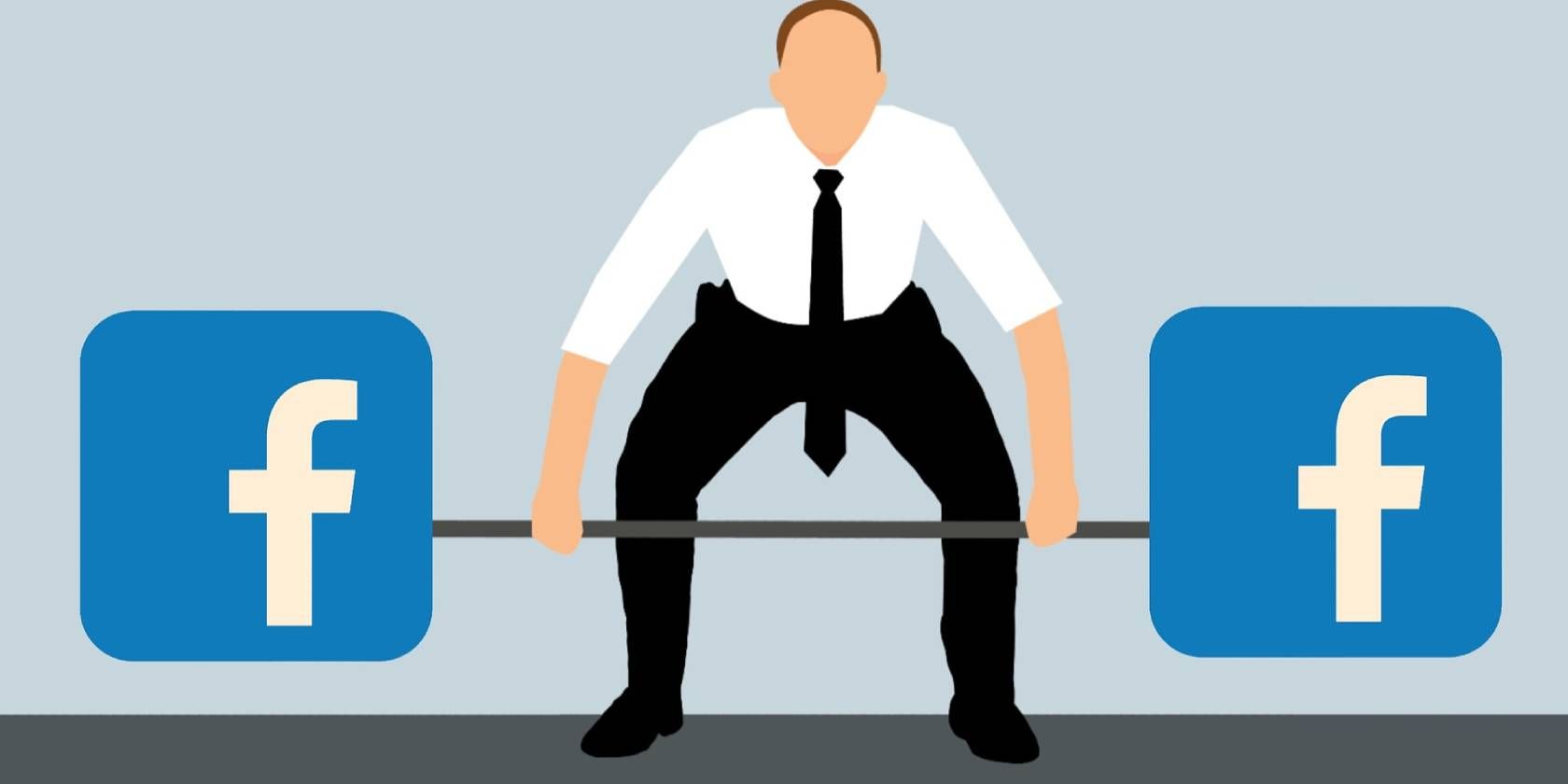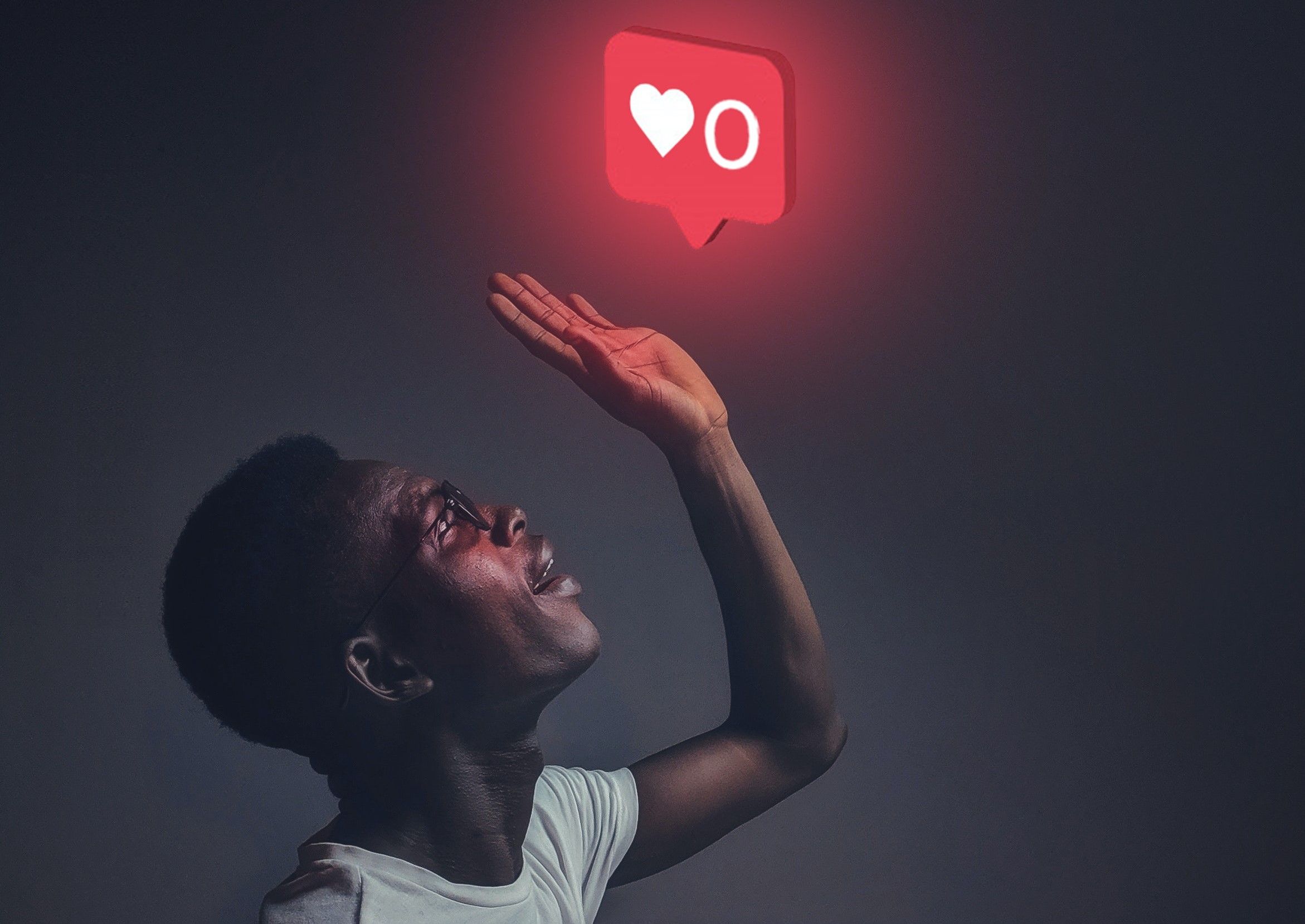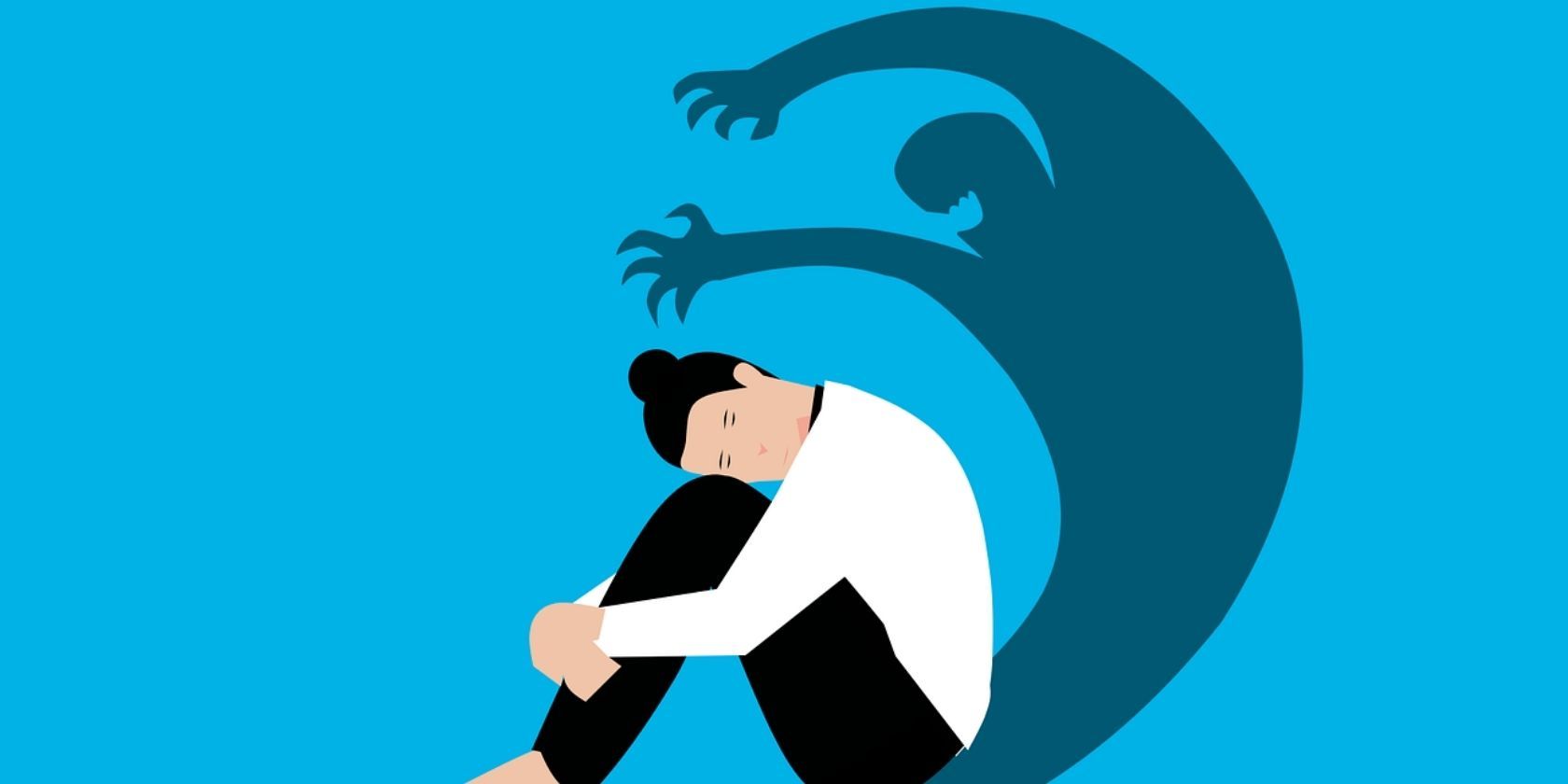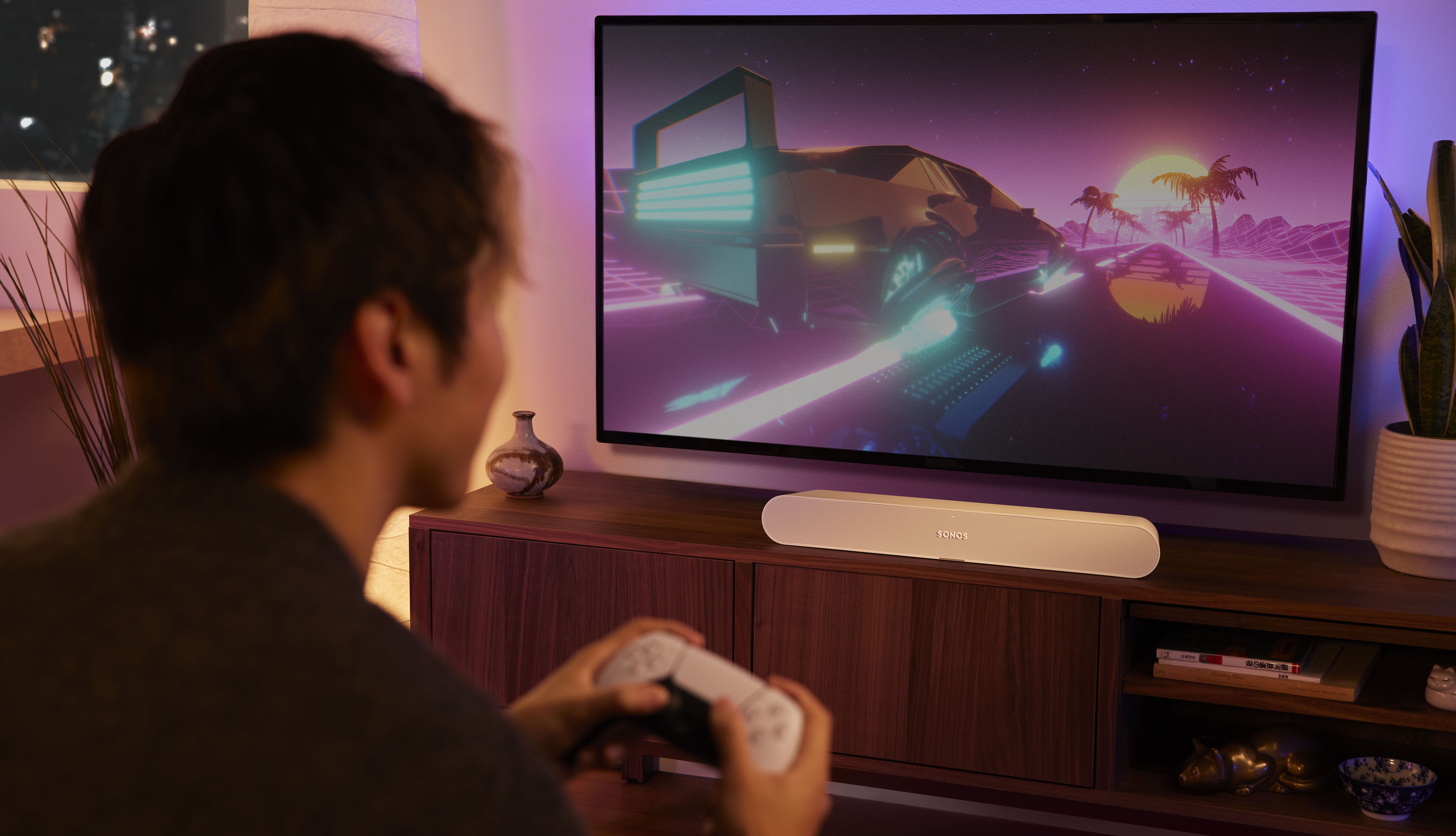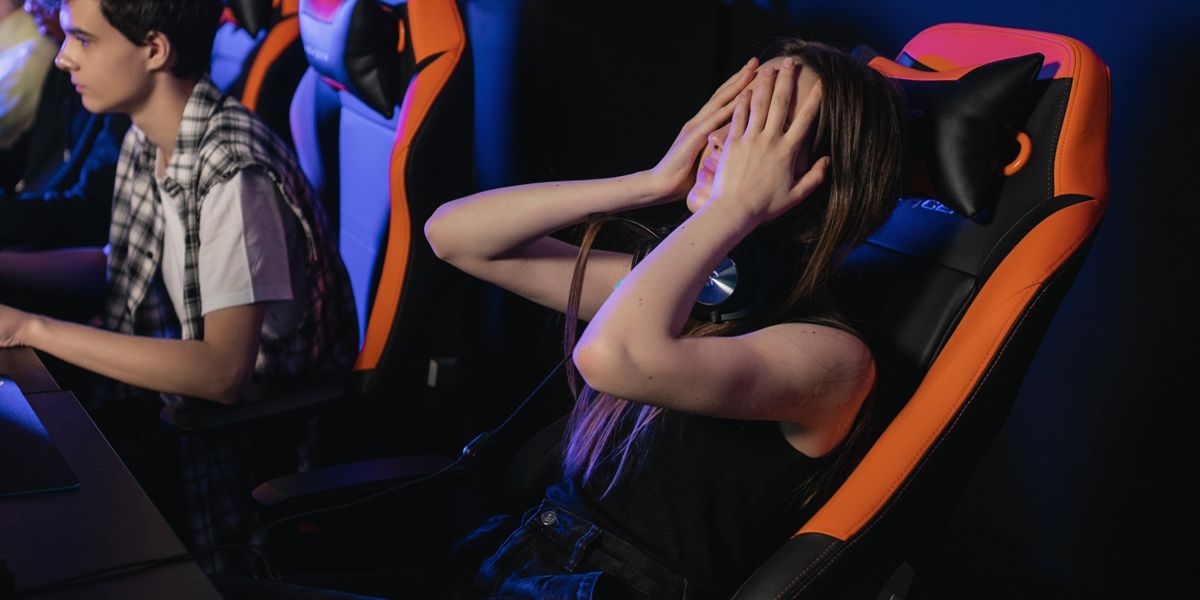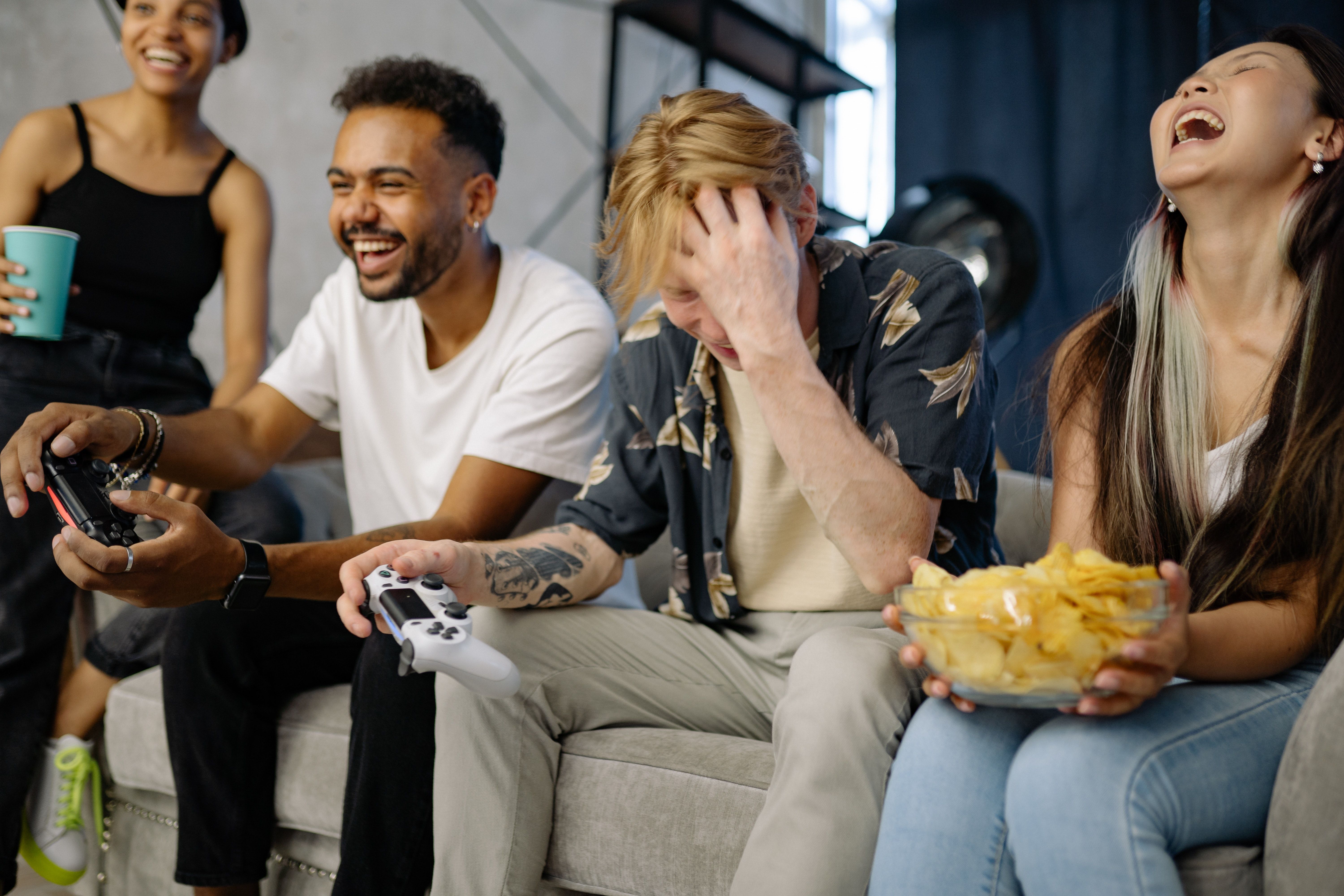Some video games offer ranked game modes to place their players in tiered leagues. What you may not be aware of is that social media is also, at its core, a ranking system of its users. By placing some users or players at the top, and others at the bottom, you can easily get sucked into harmful comparisons or obsessions with rank that can worsen your overall well-being.
Why People Care About Rankings
Rankings are, by nature, a social concept given that they categorize and rank a group of people doing the same activity.
One of the main reasons ranking systems are so effective is that they tap into the universal human drive for social status and validation—in other words, the drive for approval and positive reactions from others. If you are at the top of a ranking system, your social status rises (at least within that group) and so too does the social validation you receive. If you are at the bottom, your social status is seemingly low, and few will validate or approve your rank.
At their best, ranking systems can help you measure your performance and inspire you to progressively do better. At their worst, ranking systems can cause a continuous negative spiral of comparisons that can damage your sense of self-worth and suck out all the enjoyment from the thing you are being ranked for.
The Ranking System in Social Media
You may not associate social media with ranking systems but each of them will have you unconsciously ranking yourself (at times consciously, too). This is due to the numbers that track likes, friends, followers, comments, and subscribers.
Without realizing it, you will compare your own numbers to that of friends, influencers, or channels that appear in your social media feed. A value system then reflects the content and profiles on social media. The content and profiles that gain lots of views, likes, and follows are valued by this system and are situated at the top of the ranking.
It is unspoken that this value system perceives content and profiles that gain few views, likes, and follows as bad or unworthy of attention—such content and profiles are at the bottom of the ranking.
The Negatives of the Social Media Ranking System
You may think this ranking system doesn't affect you. You may be right. But the true impact of such a system often happens beyond your awareness. You may not register the numbers of likes, friends, and follows consciously, but your unconscious does. If pressed, you could probably name quite a few of those at the top, middle, and bottom of the ranking system within the social media you use.
The danger to your mental health is how the pressure of a ranking system relates to you. Given that you are another profile or channel on your chosen social media, you will unavoidably start to compare yourself with other profiles or channels operating on that media.
Social media sites, like Facebook and Instagram, present glamorized images and personas of the people they depict. Your unconscious does not stop to reason that glamorized posts are just one angle of one edited moment in the lives of the people you follow. This can leave you with feelings of envy as you wish you had the body, lifestyle, or friend group of those that you follow.
This is fuel for the parts of you that are overly self-critical and can distort your perception of what you have and don't have, what you need and don't need. In this way, consuming social media can damage your sense of self-worth and your mental health. If you're looking to reduce your screen time, check out strategies to detox from social media to help you out.
The Ranking System in Games
While many games introduced ranks or levels so that the player could follow their progression and progressively unlock more content, others introduced fully-fledged ranking systems.
In such ranking systems, newer players start out unranked (often with a symbol or status like "Bronze") and try to reach the top rank of "Diamond" or above. Each tier can be separated into multiple divisions that demonstrate your progression through individual tiers.
The appeal of ranked games is that the stakes are higher and often the full extent of your abilities must be drawn out and developed to ascend the ranks. Once you reach a higher rank, your whole in-game persona rises in status. Fall into the lower ranks, and you may just be looked down on by friends and other players who take rank so seriously.
The Negatives of the Ranking System in Games
The problems begin when the drive to win or increase in rank takes priority over the enjoyment of the game and respecting the other people you are playing with. Losses become a waste of time and winning sometimes only comes after waves of frustration on the borderline of giving up.
Some gaming communities have gained notoriety for being unbearably toxic. The excessive desire for social validation and the social status of wins and upper ranks are key drivers of toxic behavior. Mix in the unconscious desire for the notifications that come with winning or rising in ranks, and you can end up thinking that anything that isn't ranked or winning is a waste of time.
Suddenly, you are playing the game for ranks and not for the simple enjoyment that brought you there in the first place. Games can be a great way to unwind and enjoy yourself, but if they leave you worse off than when you started, it's time to reconsider your mindset.
How to Shake Off the Negatives of Ranking Systems
Visual representations of rankings and notifications are two principal ways that media and games try to make you care about ranking and keep your attention there. The most effective way to shake off the negative effects of ranking is to shift your priorities and move your attention elsewhere.
In the case of social media, this could mean that you try to reduce the effect of notifications and lessen the time you spend online. In this way, you spend less time exposed to the numbers of the ranking system that lead to comparisons. This has the added benefit of protecting you from the negative effects of social media.
In the case of games, take a step back and reconnect with the reason you are playing a game in the first place. Take a break from ranked. Return to it with a new mindset. Don't make all your enjoyment depend upon the outcome (win or lose; rank up or rank down). Instead, enjoy the little things and personal progression that make you love a chosen game. The rank you are given is just a side bonus of pretty colors and letters. It will take care of itself when you no longer take care of it.
The Only Comparison That Matters
The natural drive for social validation and status is a powerful factor when you interact with ranking systems. If you're not careful, this drive can ruin your enjoyment of games and lead to excessive comparisons on social media that harm your mental health.
Avoid the negative effects of rankings by reducing your exposure to them and lessening their importance. While ranking systems provoke comparisons, the only comparison worth your attention is comparing you with past you. Shake off other comparisons, and you'll be on the road to bettering yourself beyond the ranks.

